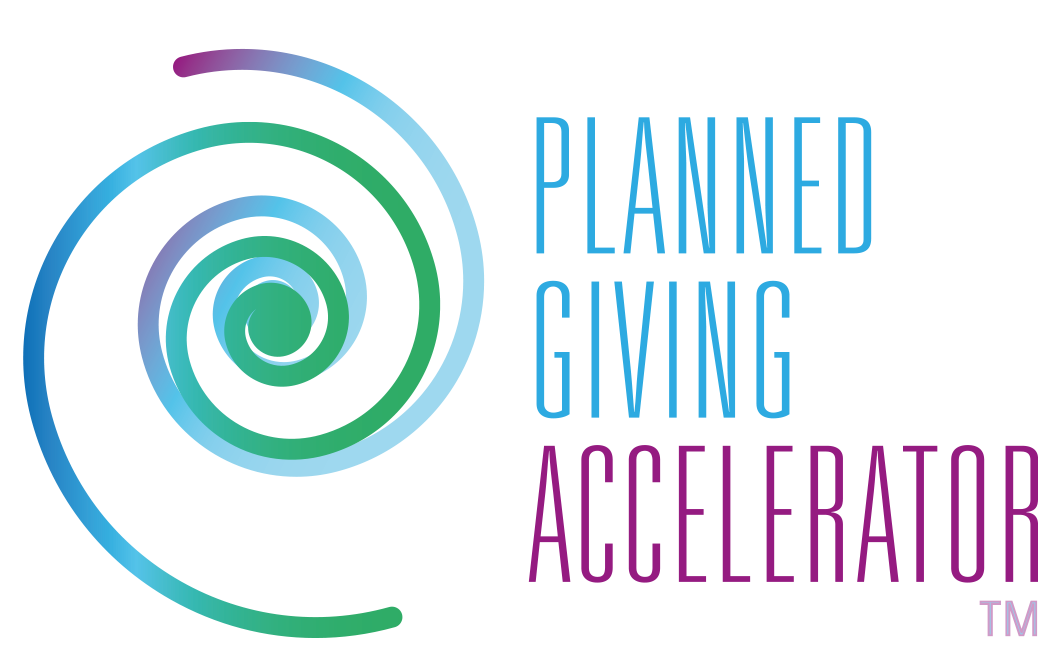You only need to buy food or fill your gas tank to be reminded that costs are going up everywhere.
Inflation is causing some donors to scale back on their giving at a time when nonprofits are facing increased costs — and increased demand.
The threat of recession looms large.
When economic challenges hurt or threaten immediate giving, I remind nonprofits to double down on Planned Giving.
That’s because some of your loyal donors are more likely to talk about a future gift when times are tough in the moment.
To explore this further, consider breaking your best Planned Giving prospects into two groups – those who may be feeling a significant impact from inflation and those who are not.
The first group includes those who are retired on a fixed income as well as people still working who have ongoing financial obligations related to raising a family or sending kids to college.
The second group consists of donors of significant means — either retired or working — for whom inflation may prove to be an annoyance, but not a major factor when it comes to their spending or charitable giving.
For those who fall in the first group, Planned Giving may be a more viable alternative to a sizeable immediate donation. Because planned gifts most commonly come as bequests in a will, some donors who are hyper-conscious of current cash flow may be more open to a conversation about a commitment that won’t impact their day-to-day bottom line.
Remember, this is a subset of your best Planned Giving prospects. These are folks who love your work, as evidenced by their long-term, loyal giving.
For both groups, in fact, you can discuss the challenges of operating in a time of high inflation to emphasize the vital importance of planned gifts for the long-term stability of your organization.
Drive home the point that planned gifts will help your nonprofit successfully navigate future tough financial times like this, without having to cut back on resources and staff at a time in which needs are increasing.
Of course, not every top prospect will commit to a planned gift.
But by opening the conversation and moving it forward with the willing, you are strengthening relationships and helping your most loyal supporters see the important role they can play in helping the work they care deeply about thrive — in good economic times and bad.


